5 Best CMS For SEO: Which One Optimizes Content Management?
Feb 11, 2026

Feb 11, 2026

Feb 11, 2026

Feb 10, 2026

Feb 09, 2026

Feb 07, 2026

Feb 06, 2026

Feb 06, 2026

Feb 05, 2026
Sorry, but nothing matched your search "". Please try again with some different keywords.


AI ethics is a multidisciplinary field that involves collaboration between technologists, ethicists, policymakers, and society at large. The goal is to ensure that artificial intelligence is developed and used in ways that align with human values, respect fundamental rights, and contribute positively to society while minimizing potential harm.
Organizations and researchers actively engage in discussions and initiatives to establish guidelines and frameworks for responsible AI development and deployment. Keep on reading this post to learn more about what you might have been missing out on as a web admin.
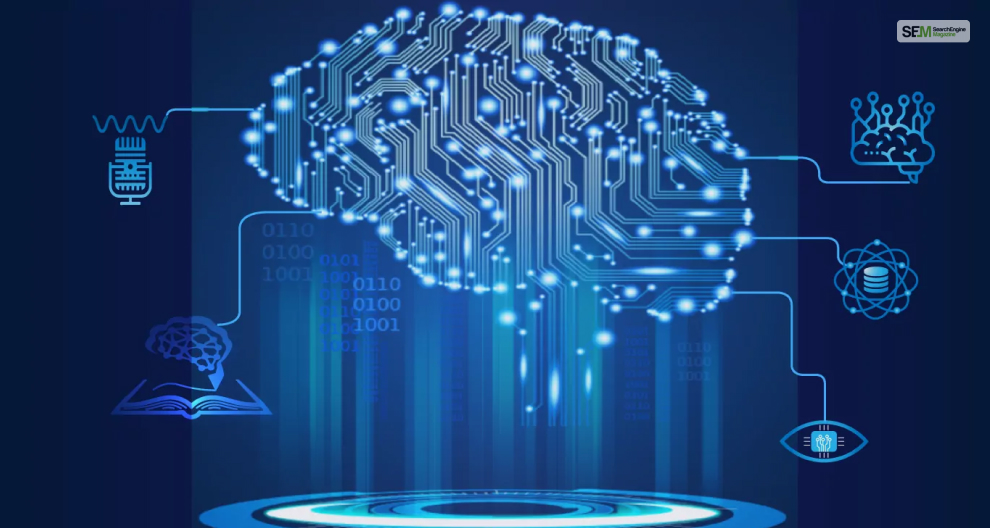
AI ethics refers to the ethical considerations and principles that guide the development, deployment, and use of artificial intelligence technologies. It encompasses the moral and societal implications associated with creating AI systems that can affect individuals, communities, and societies at large.
AI ethics involves addressing various ethical issues, such as:
You must ensure that AI systems respect individuals’ privacy rights by handling personal data responsibly and securely.
Ensure that you address biases in AI algorithms to prevent discrimination and ensure fairness in decision-making processes.
Making AI systems transparent and understandable allows users to comprehend how decisions are made, especially in critical applications like healthcare and criminal justice. This is the reason why I prefer writing my articles by myself rather than using AI tools like Jasper AI or Copy AI.
Establishing accountability for AI systems and their creators, developers, and users, especially in cases where AI systems make impactful decisions.
Safeguarding AI systems against malicious use, hacking, or misuse to prevent harm to individuals or society.

Considering the potential impact of AI on employment and the workforce, you must explore new ways to mitigate negative consequences such as job displacement.
Understanding how AI technologies influence culture, society, and human relationships and addressing concerns about their impact on social norms and values. This is why businesses should start using an AI essay detector to ensure that humans write their content, not machine-made.
Considering the environmental impact of AI systems, especially large-scale computing infrastructure, and working towards energy-efficient AI technologies.
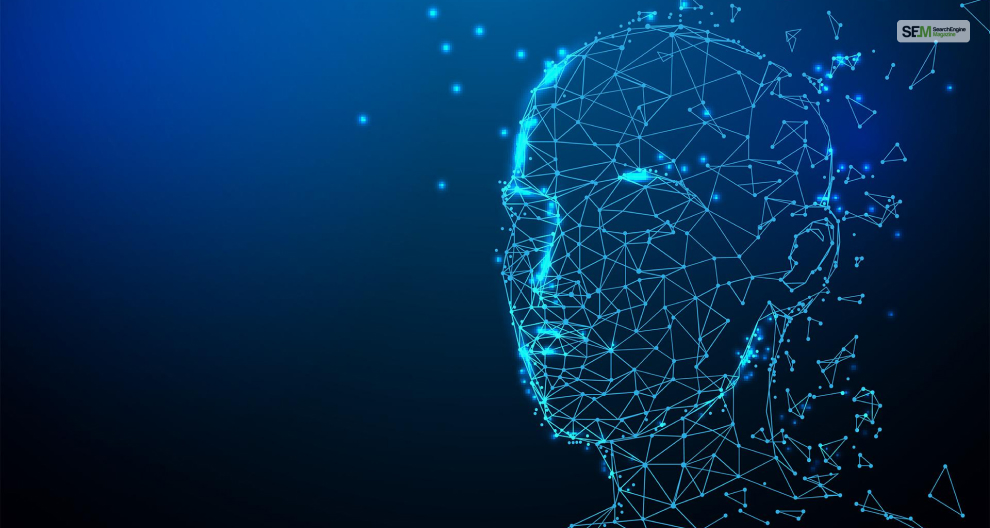
Breaching AI ethics can have significant consequences, both for individuals and society as a whole. Some of the consequences of breaching AI ethics include:
AI systems that perpetuate biases or discriminate against certain groups can lead to unfair treatment and reinforce societal prejudices. This can result in marginalized communities being disproportionately affected.
AI systems that mishandle or misuse personal data can lead to privacy breaches, identity theft, or unauthorized surveillance, causing harm to individuals and eroding trust in technology.
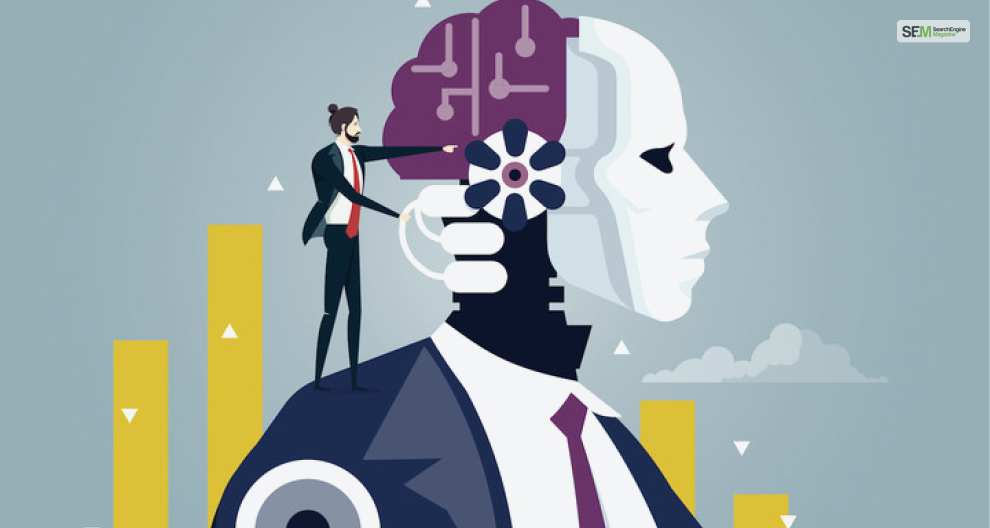
AI systems used in critical areas such as lending, hiring, and criminal justice, when biased, can lead to unfair and unjust decisions, impacting people’s lives, opportunities, and freedom.
Breaching AI ethics erodes public trust in technology and the organizations responsible for developing and deploying AI systems. This loss of confidence can have long-term consequences for businesses, institutions, and the AI industry.
Violating AI ethics may lead to legal action and regulatory penalties. Governments and regulatory bodies are increasingly implementing laws and regulations to ensure ethical AI practices. Non-compliance can result in fines and legal liabilities.
Organizations that breach AI ethics risk significant reputational damage. Negative publicity and public backlash can harm a company’s brand, leading to financial losses and a decline in market value.
Unethical AI practices can contribute to social unrest and dissatisfaction, especially if people perceive that AI systems contribute to societal inequalities, injustice, or unfair treatment.
Ethical breaches in AI systems can lead to security vulnerabilities, making AI technologies susceptible to hacking, manipulation, or misuse by malicious actors, leading to various security risks.
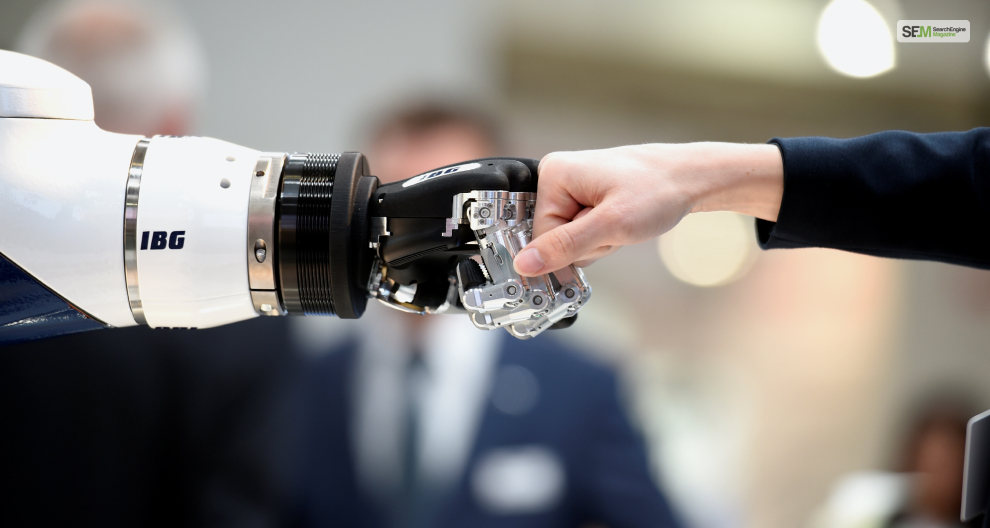
Organizations committed to ethical artificial intelligence (AI) practices follow a set of best practices to ensure responsible development and deployment of AI technologies.
Here are some key best practices followed by these organizations, explained in detail:
Transparent AI systems provide clear explanations of their decisions and actions. Organizations should strive to make their AI algorithms and processes understandable to non-experts, fostering trust among users and stakeholders. Transparent AI also involves disclosing the data sources used to train AI models and any potential biases present in the data.
Organizations should actively identify and mitigate biases in AI systems to ensure fairness. This involves carefully examining training data to identify underrepresented groups and address disparities in algorithmic outcomes. Techniques like fairness-aware machine learning and regular fairness audits help identify and correct biases.
Protecting user privacy is paramount. Organizations must adhere to data protection regulations and guidelines, ensuring user data is anonymized, securely stored, and used responsibly. Implementing privacy-preserving techniques, such as differential privacy, helps safeguard sensitive user information.
Establishing clear accountability for AI systems is crucial. Organizations should document the development process, decision-making protocols, and responsibilities of each team member involved in AI projects. Clear accountability ensures the integration of ethical considerations into every stage of AI development.
The design of AI systems should be robust against adversarial attacks and secure against malicious exploitation. Organizations must implement security measures to protect AI models, data, and infrastructure from unauthorized access, manipulation, or theft.
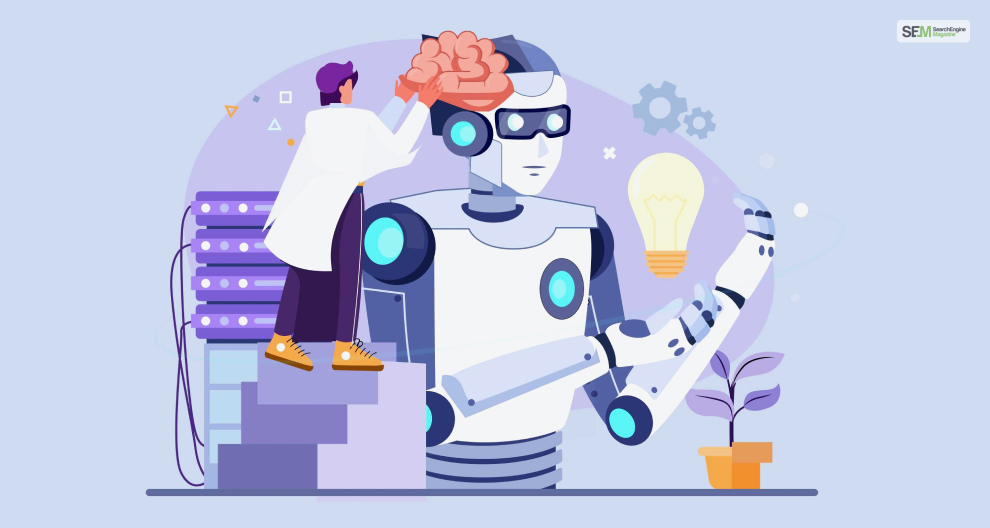
Organizations should empower users by providing them with control over their AI interactions. This can include features like opt-in or opt-out mechanisms, explainable AI interfaces, and user-friendly settings that allow users to customize their AI experiences according to their preferences.
Conducting ethical reviews and impact assessments of AI projects helps organizations identify potential ethical risks and societal impacts. This involves evaluating the ethical implications of AI systems on individuals and communities, as well as their broader social, cultural, and environmental effects.
Organizations should actively engage with stakeholders, including users, experts, and communities affected by AI technologies. Collaboration fosters diverse perspectives and ensures that the development and deployment of AI systems happen in a manner that aligns with societal values and concerns.
You should continuously monitor AI systems to weed out ethical implications and performance. An organization must adapt and improve its AI models and algorithms based on real-world feedback and evolving ethical standards.
To mitigate the consequences of disregarding AI ethics consequences, organizations and developers must adhere to ethical guidelines and best practices when designing, developing, and deploying AI systems.
You must integrate ethical considerations into the entire AI lifecycle to ensure the responsible development and use of AI technology. This respects human rights, diversity, and societal values.
By adhering to these best practices, organizations can develop and deploy AI technologies that are not only technically advanced but also ethical, responsible, and aligned with societal values and expectations. These practices contribute to building trust, mitigating risks, and ensuring that AI benefits everyone fairly and equitably.
Also read
Mashum Mollah is the feature writer of SEM and an SEO Analyst at iDream Agency. Over the last 3 years, He has successfully developed and implemented online marketing, SEO, and conversion campaigns for 50+ businesses of all sizes. He is the co-founder of SMM.
View all Posts

